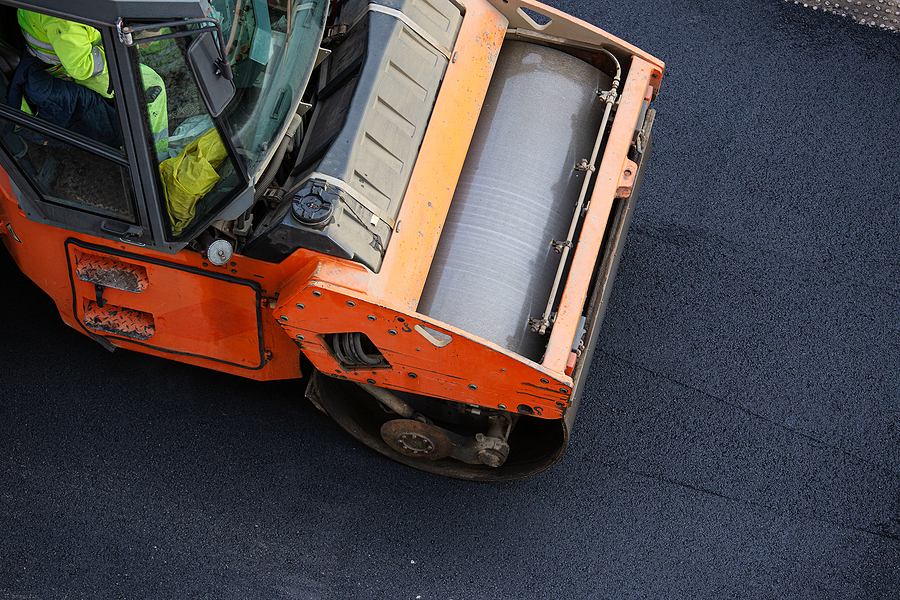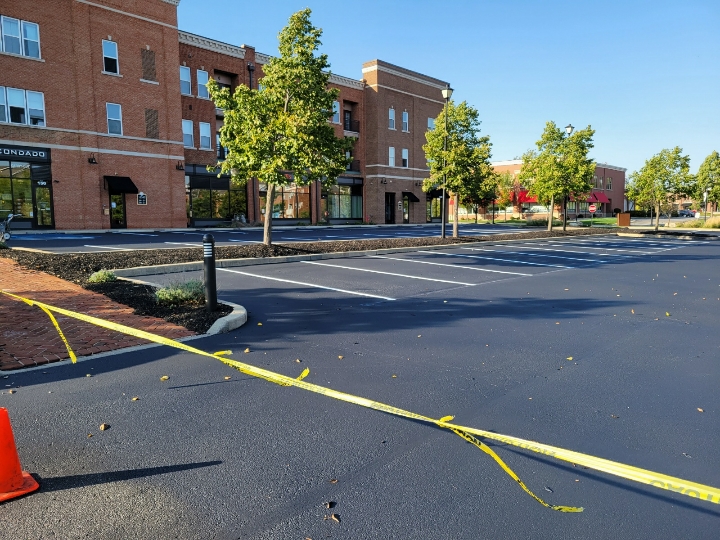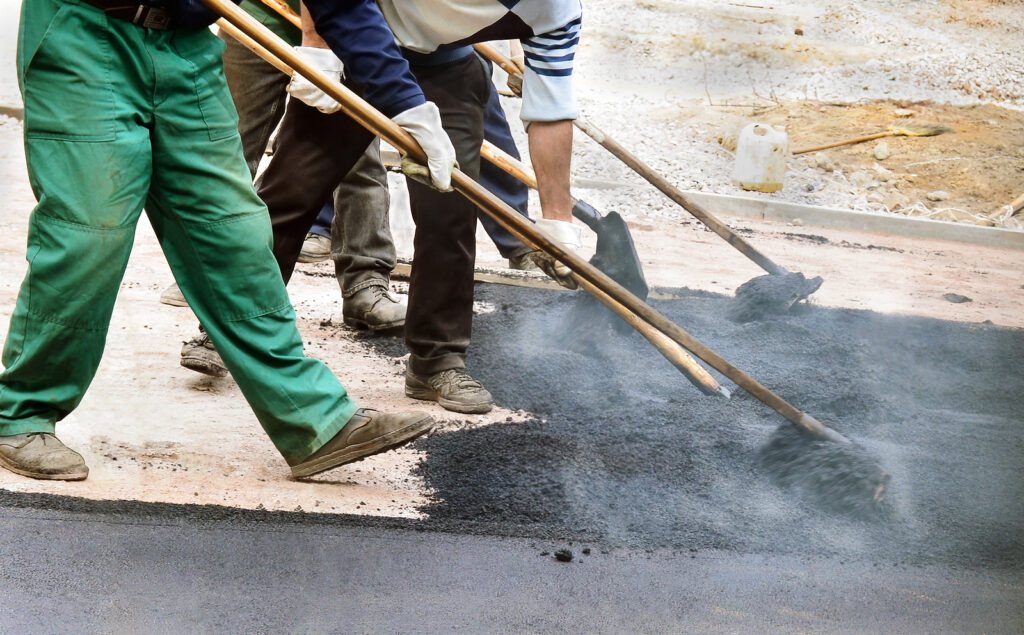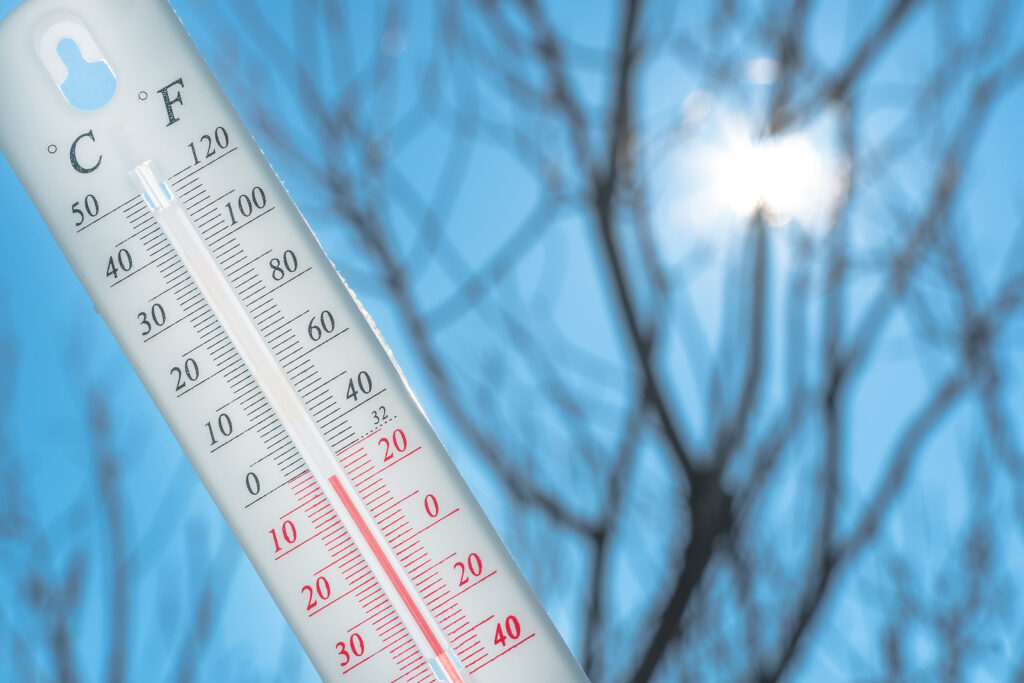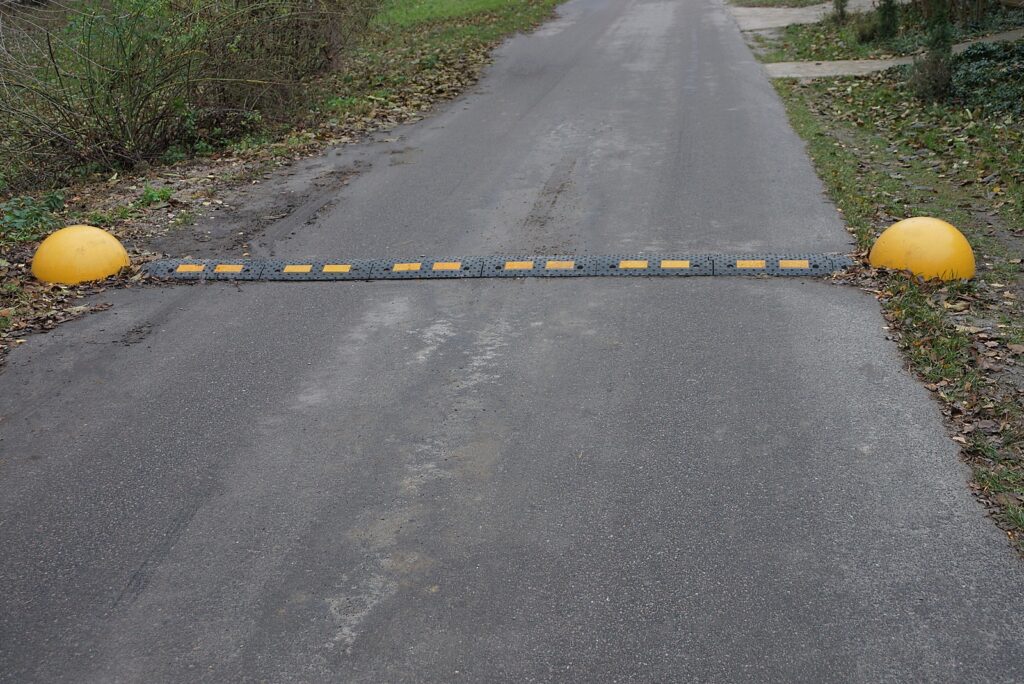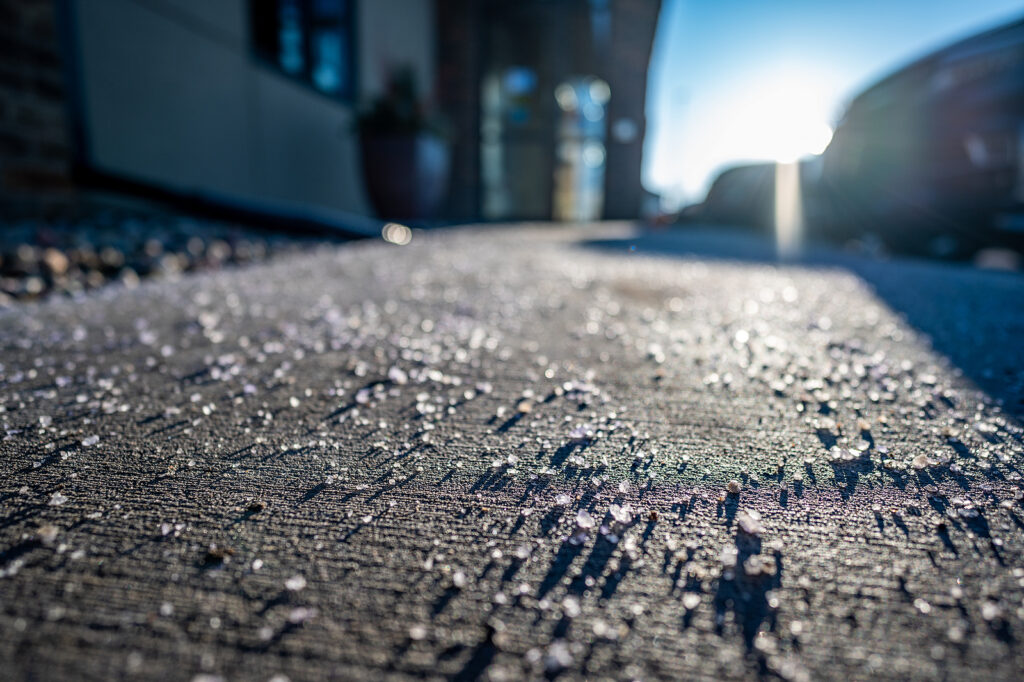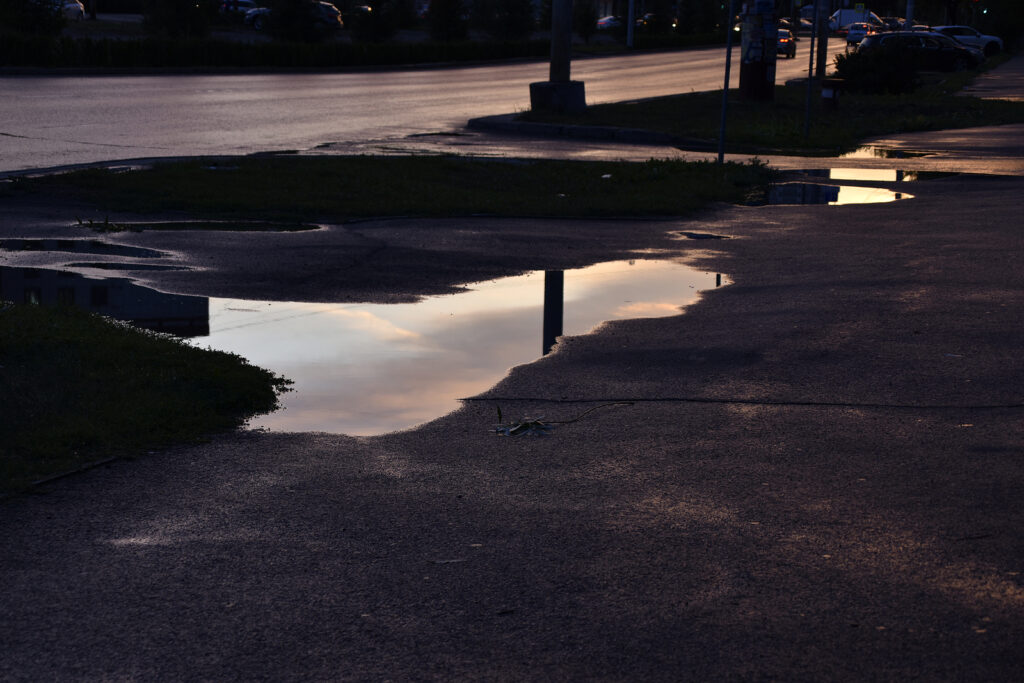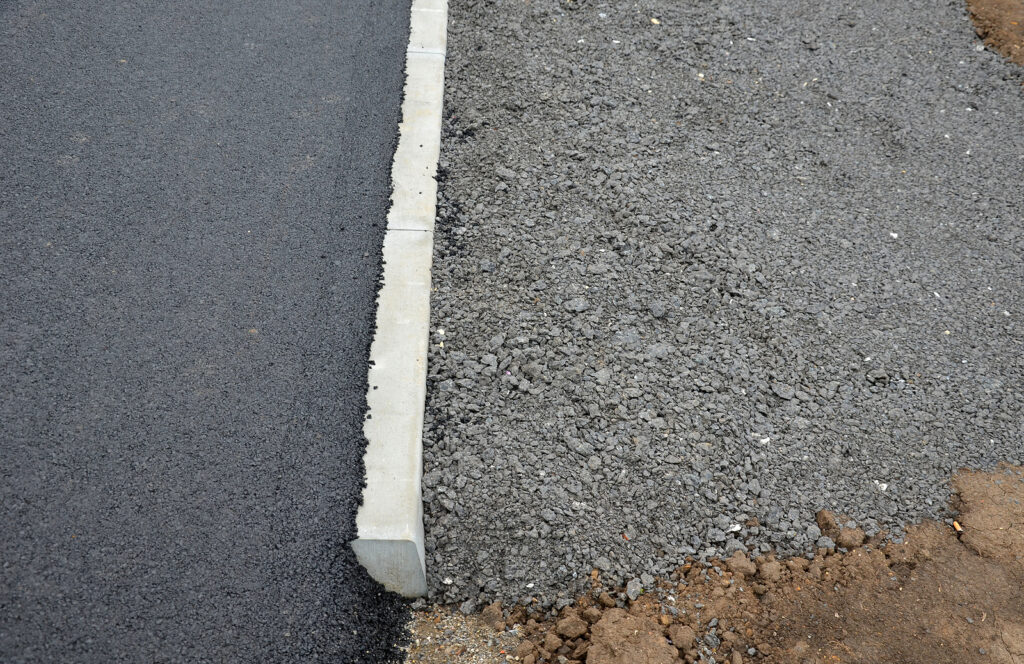If you want to extend the life of your commercial asphalt pavements, choose a quality sealcoating product. Not sure which asphalt sealcoat is the best choice for your pavement preservation objectives? Continue below to review the most important factors involved with the process of selecting an asphalt sealcoat for your paved surfaces.

Choosing an Asphalt Sealcoating Product
The most important elements of a quality asphalt sealcoat are durability, chemical resistance, environmental impact, finish, and convenience. Focus on these subjects when choosing an asphalt sealcoating product. Here is some more information on how to direct your thought process through each of these factors:
Durability
The whole purpose of a sealcoat is to add a layer of protection in order to enhance the durability of the asphalt below. Durability, tensile strength, and overall adhesion play important roles in sealcoat asphalt protection. The sealcoat must be able to stay intact by withstanding the heavy weight of vehicular traffic, inclement weather, and more. Sealers should be durable enough to hold up against these external factors, plus be flexible enough to move without breaking.
Chemical Resistance
Asphalt pavements are regularly exposed to all sorts of chemicals, from gasoline and diesel fuel to automotive fluids, battery acid, fertilizer runoff, and more. Oils and chemicals can quickly deteriorate asphalt, making sealcoat quality a priority. Your asphalt sealcoating product should be high enough in both quality and compatibility to withstand the damaging effects of chemicals.
Environmental Impact
Many sealcoat products contain high traces of volatile organic compounds (VOCs) and polycyclic aromatic hydrocarbons (PAHs), which are harmful to the environment and even our health. Avoid coal-based sealers, and instead, opt for more sustainable products like emulsion-based sealers or soybean oil sealers.
Black-Out Finish
Overall, you want an asphalt sealer to make your pavements look fresh and smooth. For this reason, you want to aim your attention toward asphalt sealcoat products that are UV-resistant and able to withstand high temperatures. These sealers will deliver the uniform black finish you have in mind, while others will cause your lot to fade from black to gray within 6 months’ time.
Convenience
Convenience takes priority in many elements of work and life. As for an asphalt sealcoating product, consider the turnover time. Some sealers take much longer to apply and dry compared to others on the market. If you want your parking lot or pavements to have little-to-no downtime, choose a sealer that can provide this convenience for you.
Wouldn’t you prefer to have your commercial asphalt pavements professionally sealcoated? Contact ACI Asphalt and Concrete at 317-549-1833 for commercial asphalt paving and sealcoating services in Indianapolis, Indiana. We serve commercial and industrial clients all throughout the state.
Related Posts:
Maintenance Tips for Commercial Asphalt Driveways
Top Benefits of Using Sealer Additives to Seal Asphalt Pavement
Why Asphalt Repairs are So Necessary

